Global Teacher Prize winner Keishia Thorpe calls on UK’s “trailblazing” education innovators to apply for Jacobs Foundation’s 2022 Best Practice Prizes as deadline approaches
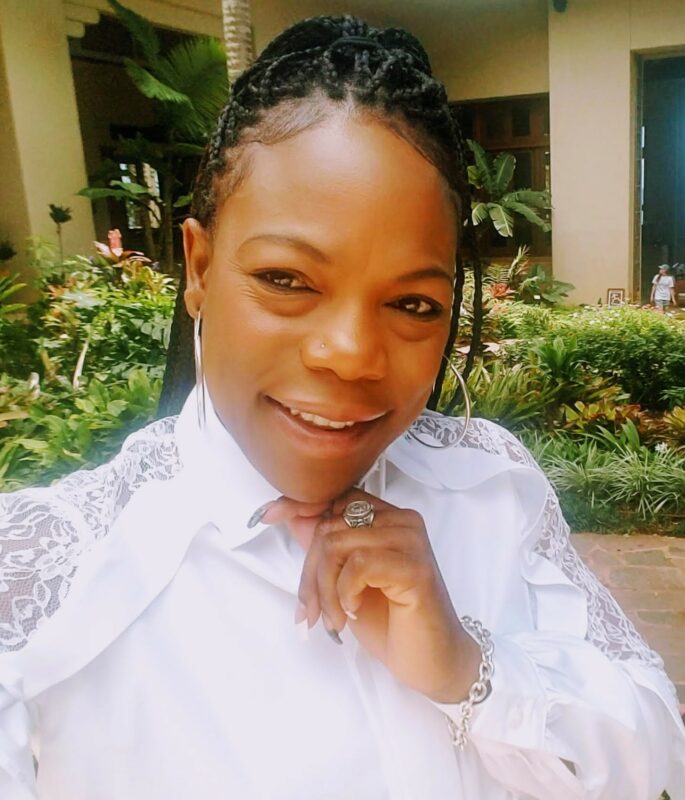
US teacher Keishia Thorpe, winner of the 2021 Global Teacher Prize, said UK entrepreneurs, non-profits, and research organisations deserve huge recognition for the innovative solutions they have brought forward to rebuild education systems in the age of COVID-19.
Keishia Thorpe, who won the $1 million Global Teacher Prize in 2021, today called on the UK’s “trailblazing” entrepreneurs, non-profits and research organisations to apply for the 2022 Klaus J. Jacobs Best Practice Prizes – so that educators around the world learn about the innovative solutions they have developed to help transform education for the better as the sector recovers from the COVID-19 pandemic. Three Best Practice Prizes will be awarded in September 2022, each worth CHF 200,000 (over US$200,000).
Awarded every other year, the Klaus J. Jacobs Best Practice Prizes honour outstanding achievement and practice in advancing quality education. Applications for this year’s awards close on 10 February.
Keishia, an English teacher at International High School Langley Park, Bladensburg, Maryland, said:
“I strongly encourage the UK’s trailblazing education innovators to apply for the Klaus J. Jacobs Best Practice Prizes. Now more than ever, in the age of COVID, we need examples of what education practices work on the ground. In England in 2020, Ofsted reported that some children, of all ages and backgrounds, lost some basic skills and learning as a result of school closures and restrictions on movement and that the hardest hit were regressing in basic skills and learning. We need visionaries to help us face up to the challenges posed by COVID-19, but it is equally important to make sure that groundbreaking ideas can be applied to benefit as many children as possible.
“The UK is full of talented change-makers. Its education community has the creativity to come up with innovative and scalable solutions that could help rebuild education the world over.”
Fabio Segura and Simon Sommer, Co-CEOs of the Jacobs Foundation, said:
“By showcasing examples of best practice on the ground, we can help to shift policy and ensure that all children have access to quality education. As education systems adapt to a new and unfamiliar terrain, there is not a moment to lose. We must bring to light the evidence of what works and use it to implement solutions that can be tailored to learners’ diverse individual needs – both here in the UK and globally.
“We’d like to thank Keishia for her call to action. Supporting teachers as they continue to inspire, even as the world shifts under their feet, isn’t just the right thing to do – it’s the wellspring of our future. This way, we can help all children to thrive, and become socially responsible and productive members of society.”
The aim of the prizes is to find the next generation of collaborative projects that advance education across four core areas. First, the Jacobs Foundation seeks to identify groundbreaking projects that generate robust research evidence, which can then feed into child learning and development policy and practice. Second, it is looking for applicants that foster partnerships between researchers, governments, companies and schools. A third area focuses on developing entrepreneurial solutions to strengthen education policy-making. Finally, contenders can present innovative catalytic investment solutions that draw on a wide range of financial mechanisms to make the most of their resources and amplify their impact.
The Prizes are open to non-profits, public and private research institutions, businesses and entrepreneurs who are bringing forth innovative solutions to some of education’s biggest challenges. Candidates must have secured funding for at least six months. Applications, which opened on 6 January 2022, can be made at https://jacobs.awardsplatform.com/. The closing date is 10 February 2022.
Winners will be selected by the Jacobs Foundation Board of Trustees. Selection is based on outstanding achievement, alignment with the Jacobs Foundation strategy (centred on generating evidence to transform how children learn from a young age), and willingness to engage in the Jacobs Foundation’s regions of focus. Further criteria include the integration of lessons learnt from research and best practice; whether the project can be successfully replicated elsewhere; and how an organisation manages both its resources and the data it collects. Finally, contenders will be assessed on their organisational management, leadership culture, and financial viability.
In memory of its founder, the entrepreneur Klaus J. Jacobs, who passed away in 2008, the Jacobs Foundation presents two awards – for outstanding achievements in research and for practice in the field of child and youth development. The Best Practice Prizes alternate with the Klaus J. Jacobs Research Prize, which recognises pioneering, socially relevant research into youth development.




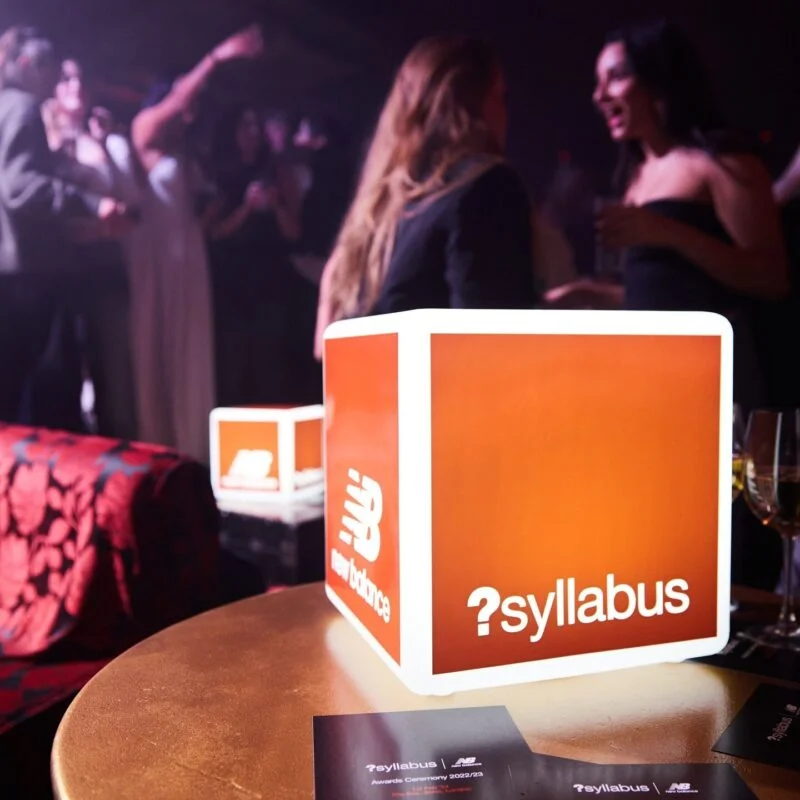


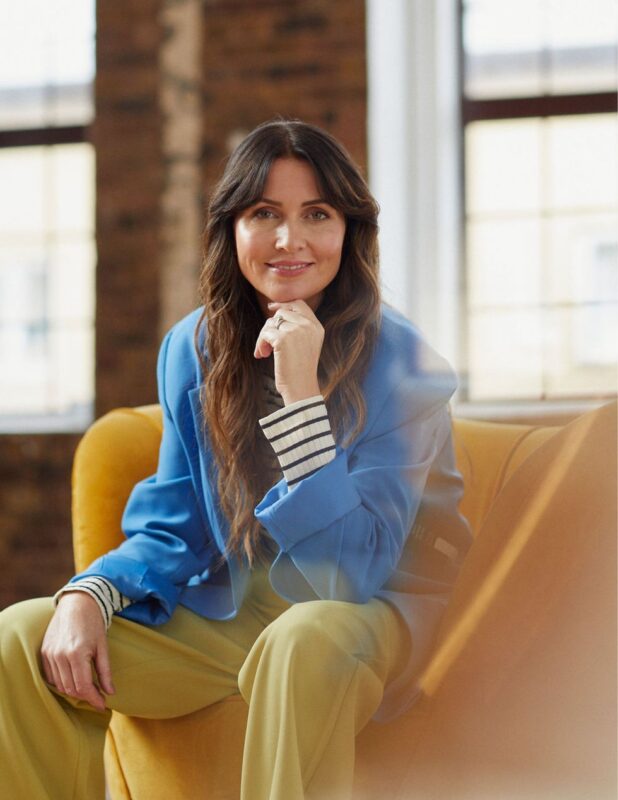

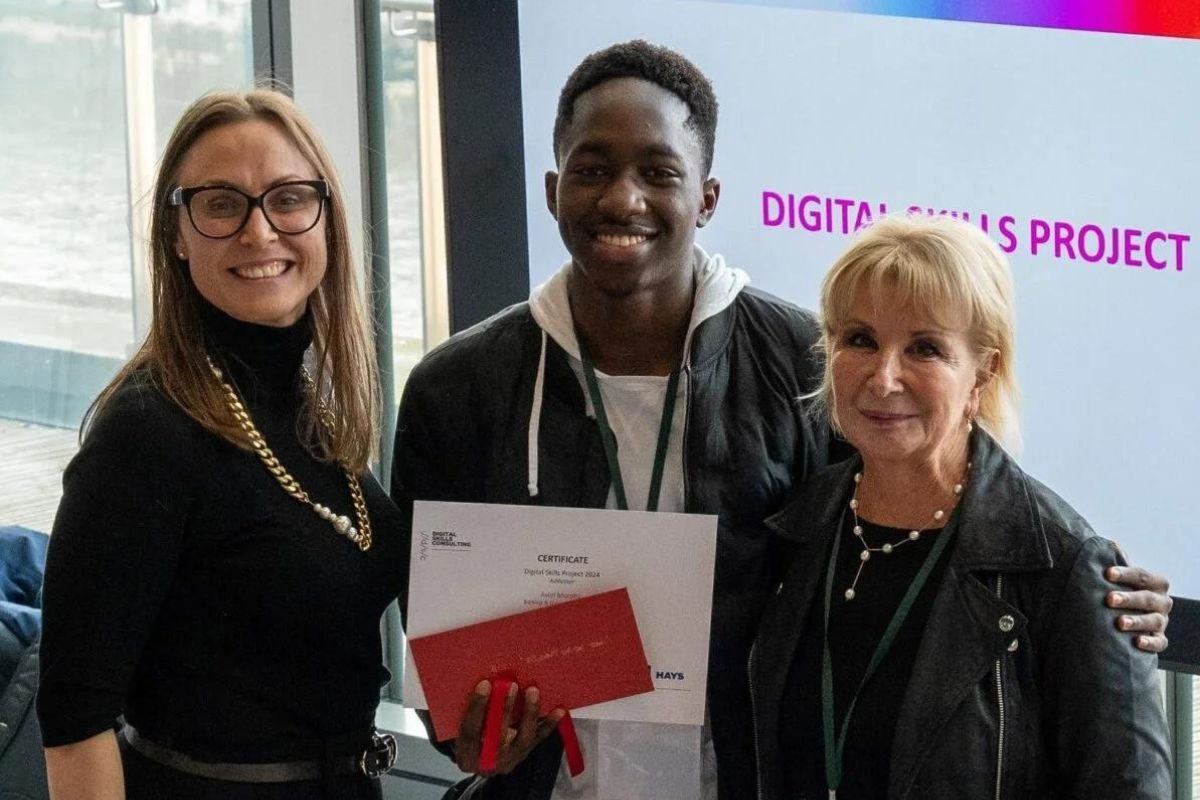

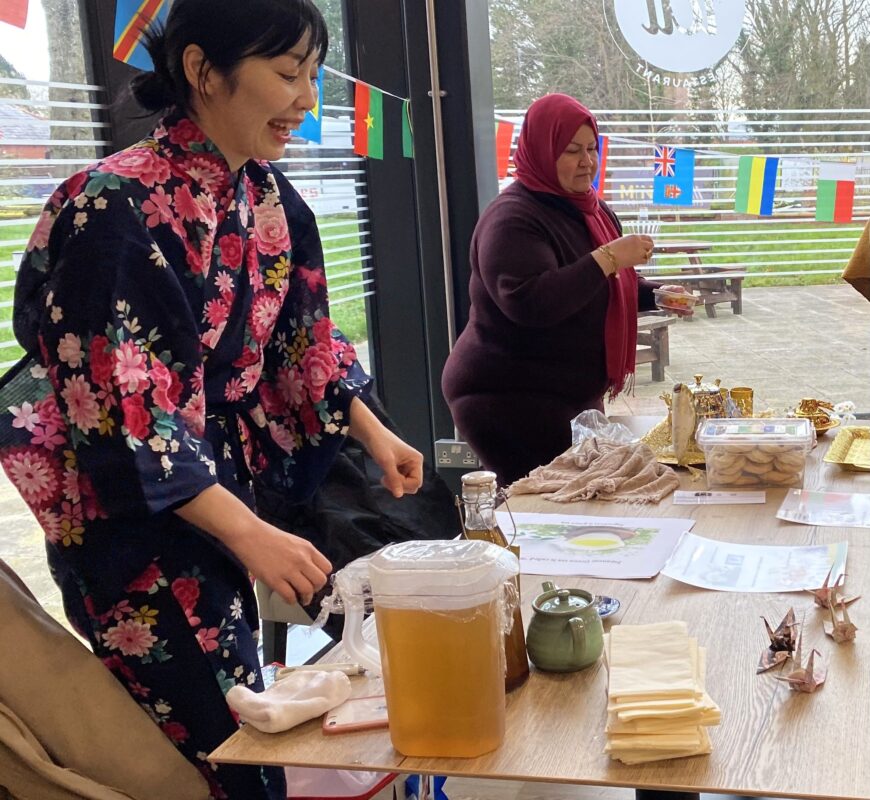
Responses